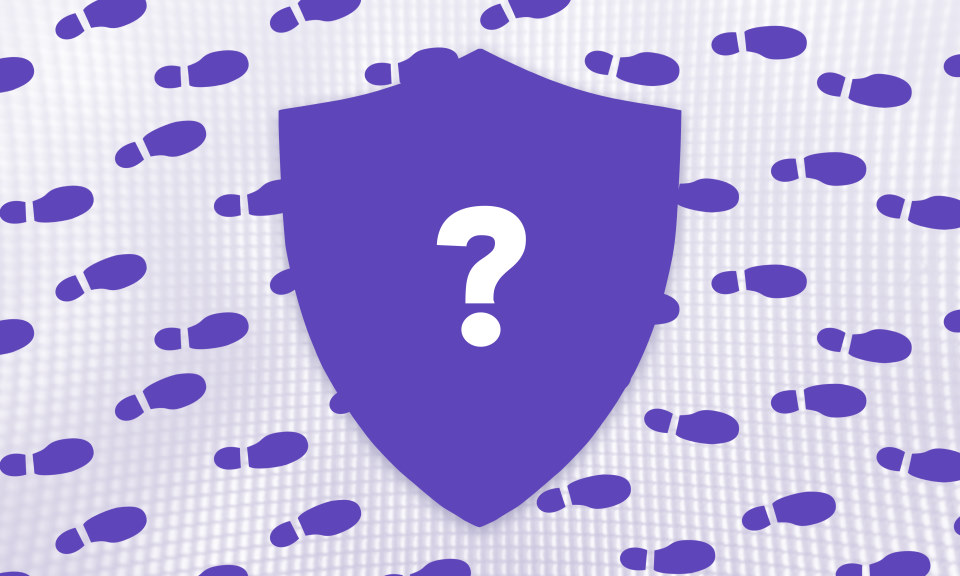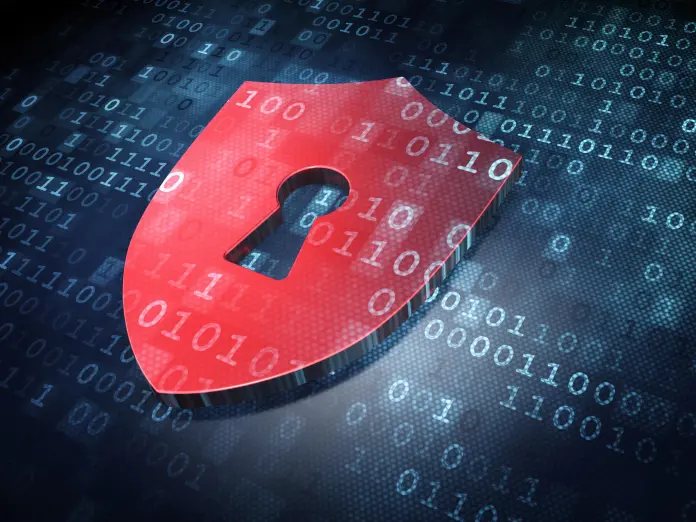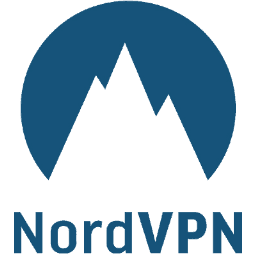
In today's digital realm, where every online move leaves a digital footprint, the concern over privacy and online tracking has reached an all-time high. People yearn for the assurance of anonymity and protection from prying eyes.
This brings us to the pivotal question: Can You Be Tracked with a VPN? Join us on this captivating journey as we explore the intricate world of online privacy and uncover the truth behind Virtual Private Networks (VPNs).
Discover the powerful role VPNs play in safeguarding your online activities, ensuring your peace of mind in an increasingly interconnected and surveilled virtual landscape.
Understanding VPN And Online Tracking
A VPN, or Virtual Private Network, establishes a secure and private connection by encrypting your internet traffic and routing it through a remote server. This process masks your IP address, making it difficult for third parties to track your online activities.
By creating a virtual tunnel, a VPN ensures that your data remains confidential and protected from hackers, advertisers, and even your internet service provider, offering you peace of mind and enhanced privacy while browsing the internet.
A VPN mitigates online tracking by encrypting your internet traffic, hiding your IP address, and making it difficult for advertisers, ISPs, and other prying eyes to track your online activities, ensuring enhanced privacy and security.
Can You Be Tracked With A VPN?

VPNs are highly effective in preventing tracking by providing anonymity and encryption. When you connect to a VPN, it masks your IP address, replacing it with the VPN server's address, making it challenging to trace your online activities back to you.
Additionally, a VPN encrypts your internet traffic, ensuring that any data transmitted remains secure and unreadable to potential trackers. With these layers of protection, VPNs significantly reduce the ability of advertisers, ISPs, and other entities to track your online behavior, providing a shield of privacy and security while you browse the web.
VPNs can help prevent various tracking methods, including:
IP Address Tracking: A VPN masks your IP address, making it difficult for trackers to trace your online activities back to your actual location.
DNS Tracking: By encrypting your DNS queries, a VPN prevents DNS tracking, which can reveal the websites you visit.
WebRTC Tracking: VPNs can protect against WebRTC leaks, which can expose your real IP address when using certain web browsers or applications.
ISP Tracking: When connected to a VPN, your internet service provider (ISP) is unable to monitor your online activities, as all traffic is encrypted and routed through the VPN server.
Government Surveillance: VPNs provide a layer of protection against government surveillance by encrypting your internet traffic and preventing monitoring of your online behavior.
Ad Tracking: VPNs can help block or minimize ad tracking by hiding your IP address and preventing advertisers from tracking your browsing habits.
Wi-Fi Network Tracking: When connected to public Wi-Fi networks, VPNs can protect against tracking by encrypting your data and preventing unauthorized access to your online activities.
By using a VPN, you can enhance your privacy and protect yourself against various tracking methods employed by advertisers, ISPs, governments, and other entities seeking to monitor your online behavior.
The Limitations And Considerations
While VPNs offer significant privacy and security benefits, it is essential to understand their limitations and consider additional factors for comprehensive protection. Some limitations include VPN providers that keep logs, potentially compromising privacy.
Furthermore, VPNs may not directly address other tracking methods like browser fingerprinting or tracking within applications. It's important to note that while a VPN can prevent tracking by ISPs and external entities, third-party trackers embedded in websites may still collect data.
To enhance privacy further, it is crucial to combine VPN usage with other practices like using privacy-focused browsers, employing ad and tracker blockers, practicing good password hygiene, and being cautious of malicious websites.
Taking a holistic approach to online privacy maximizes protection and minimizes the potential for tracking vulnerabilities.
The Importance Of VPN For Privacy
The importance of VPN for privacy can be summarized in the following key points:
Anonymity: VPNs mask your IP address, making it difficult for anyone to trace your online activities back to you.
Encryption: VPNs encrypt your internet traffic, ensuring that your data remains secure and unreadable to unauthorized parties.
Protection from Tracking: VPNs prevent ISPs, advertisers, and other entities from tracking and monitoring your online behavior.
Public Wi-Fi Security: VPNs secure your data when connected to public Wi-Fi networks, protecting against potential eavesdropping and data theft.
Bypassing Geo-Restrictions: VPNs allow you to access geographically restricted content by masking your location and making it appear as if you're browsing from another region.
Enhanced Online Security: By creating a secure and encrypted connection, VPNs protect your sensitive information from hackers and cybercriminals.
Privacy while Torrenting: VPNs provide anonymity while torrenting, ensuring that your online activities related to file sharing remain private.
Business Privacy: VPNs enable secure remote access for employees, protecting sensitive business data from interception.
Safe Online Banking: VPNs add an extra layer of security when conducting financial transactions online, safeguarding your personal and financial information.
Peace of Mind: Using a VPN gives you the confidence and peace of mind that your online activities are private and protected, allowing you to browse the internet without worrying about being tracked or monitored.
Overall, VPNs are instrumental in maintaining online privacy, safeguarding sensitive information, and ensuring a secure and private internet experience.
Best VPNs For Privacy And Tracking Prevention
In an age where digital privacy is a prized commodity, finding the best VPNs for privacy and tracking prevention becomes a paramount quest. As we navigate the vast virtual landscape, evading the prying eyes of advertisers, hackers, and governments becomes a priority.
Join us on this thrilling expedition as we delve into the best VPN contenders, each armed with the power to cloak your online presence, encrypt your data, and shield you from the lurking dangers of online tracking. Discover the ultimate allies in the battle for unrivaled privacy and peace of mind
ExpressVPN stands tall as a top VPN provider, renowned for its robust privacy features and exceptional tracking prevention capabilities, ensuring unrivaled online privacy and security.
Conclusion
In conclusion, the role of a VPN in protecting against online tracking cannot be overstated. By encrypting your internet traffic, masking your IP address, and providing anonymity, VPNs like ExpressVPN offer a powerful shield against prying eyes.
We encourage you to prioritize your privacy and security by utilizing a VPN, such as ExpressVPN, to minimize the risks of online tracking. Safeguard your digital footprint, enjoy unrestricted internet access, and browse with confidence, knowing that your online activities remain private and protected.
Embrace the power of a VPN to reclaim control over your online presence and experience true peace of mind.

Thomas Smith is the editor of forprivacy.org, overseeing a team focused on building the voice of the cybersecurity world through guides, reviews articles and community. His background is as a writer and seasoned software industry veteran with 10 years of experience.
More Posts




